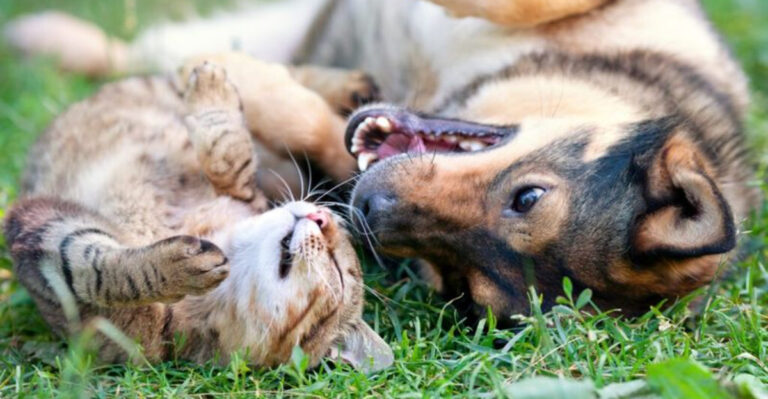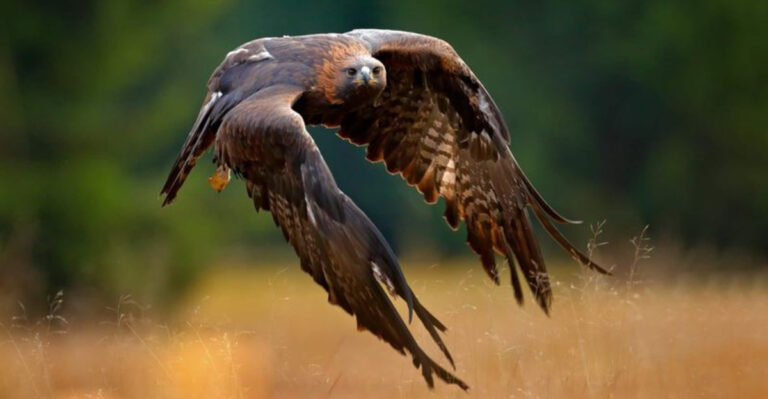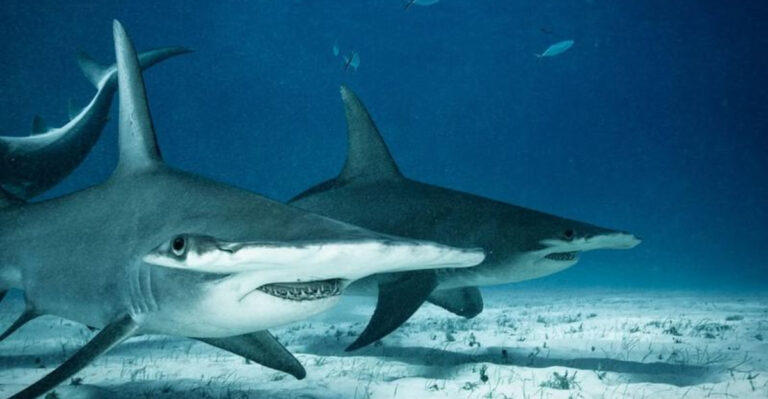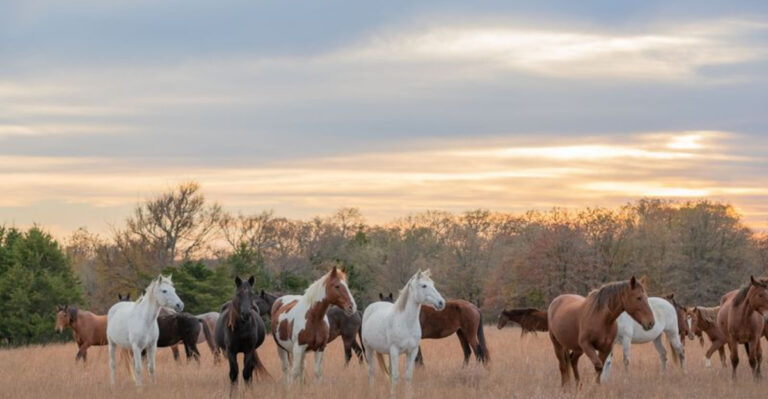The 23 Most Dangerous Pets People Keep At Home
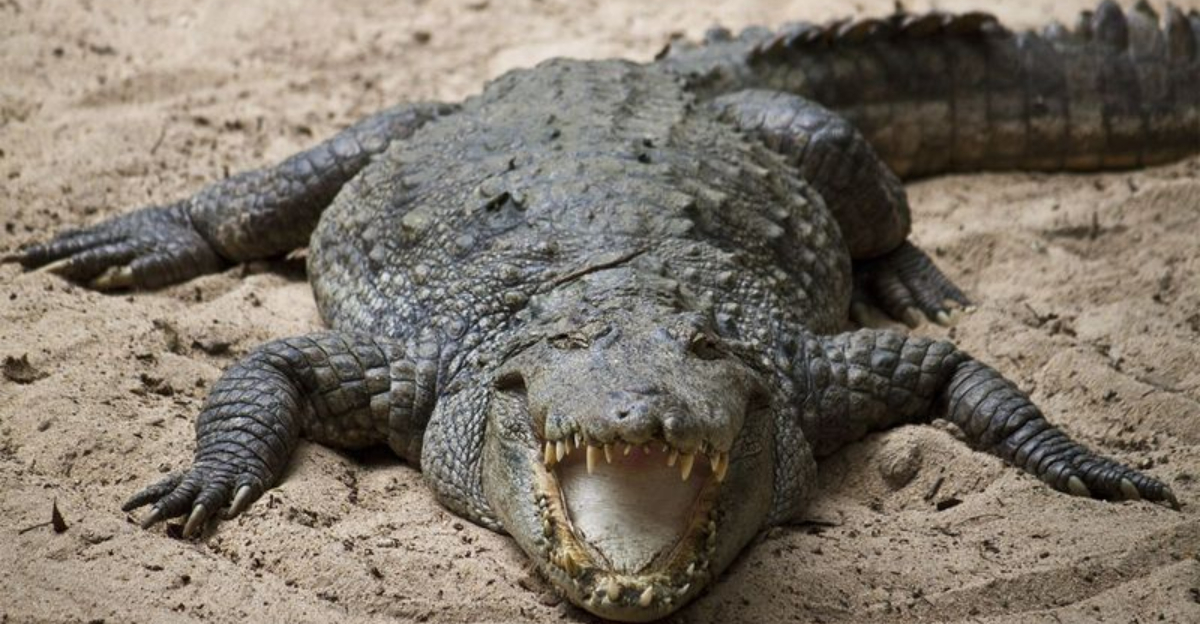
In the world of exotic pets, some creatures are as dangerous as they are fascinating.
Sure, owning a wild pet like a venomous snake or a large cat might seem exciting, but it comes with serious risks for both you and the animal.
These pets may look cool, but they can be unpredictable and, let’s face it, downright dangerous. Before you dive into exotic pet ownership, it’s important to know what you’re really getting into.
1. Slow Loris
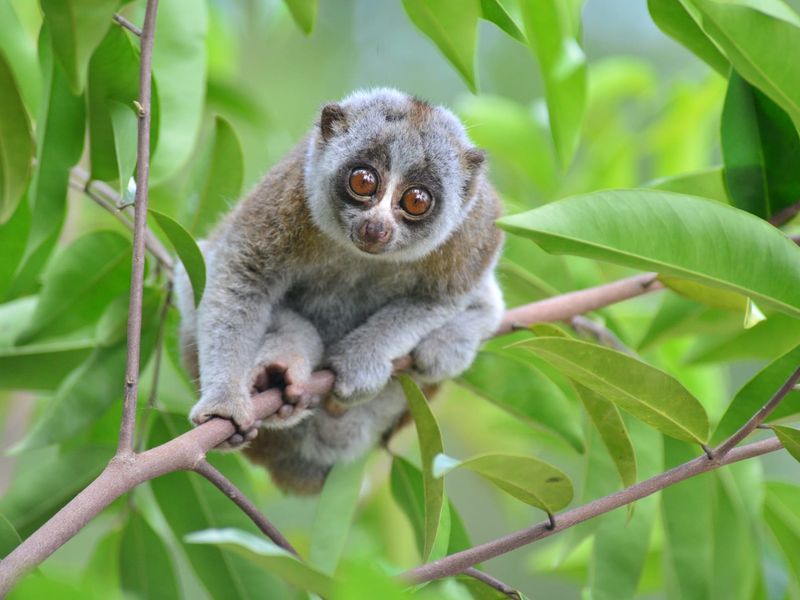
With its endearing eyes and gentle demeanor, the slow loris might seem like the ideal exotic pet. However, this nocturnal primate harbors a secret weapon: venomous glands in its elbows.
When threatened, it can deliver a toxic bite that causes allergic reactions or worse. Native to Southeast Asia, they require a specialized environment to thrive, making them difficult to care for.
While their cuddly appearance is tempting, the complexity of their needs and potential for harm makes the slow loris a challenging and risky companion for pet enthusiasts.
2. King Cobra
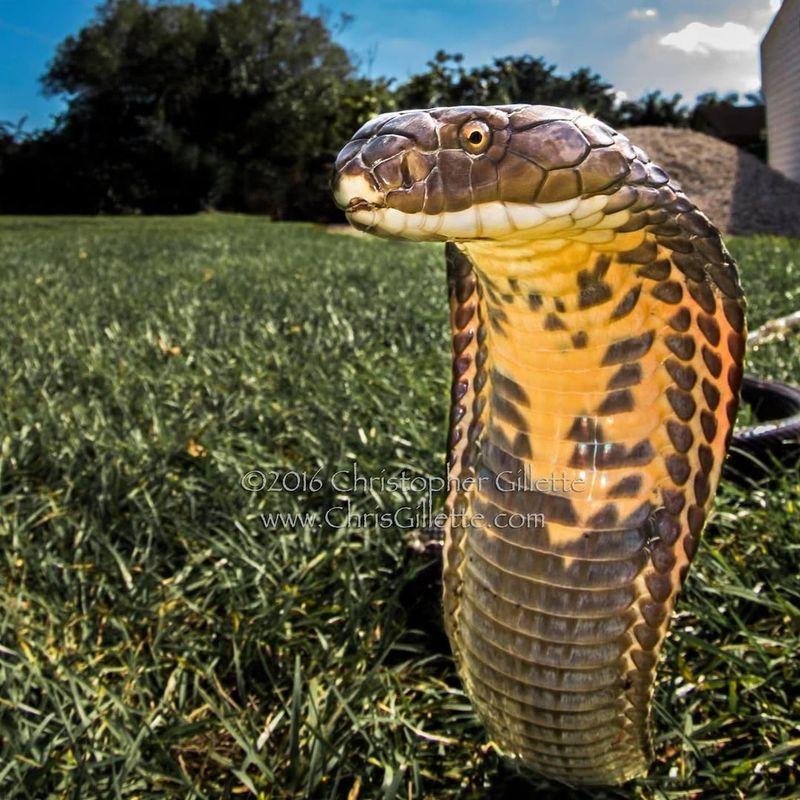
The king cobra, with its deadly venom and awe-inspiring hood, is both a marvel and a nightmare in the world of exotic pets.
Growing up to 18 feet long, this snake isn’t just big—it’s incredibly dangerous, capable of killing an elephant with a single bite.
Keeping one as a pet requires serious expertise, as even experienced herpetologists can struggle with its care.
They’re unpredictable, and a stressed-out cobra can pose huge risks, so understanding its behavior and creating the right environment is a must.
If you’re considering owning a king cobra, respect and caution are key—mismanagement could lead to disaster.
3. Wolverine
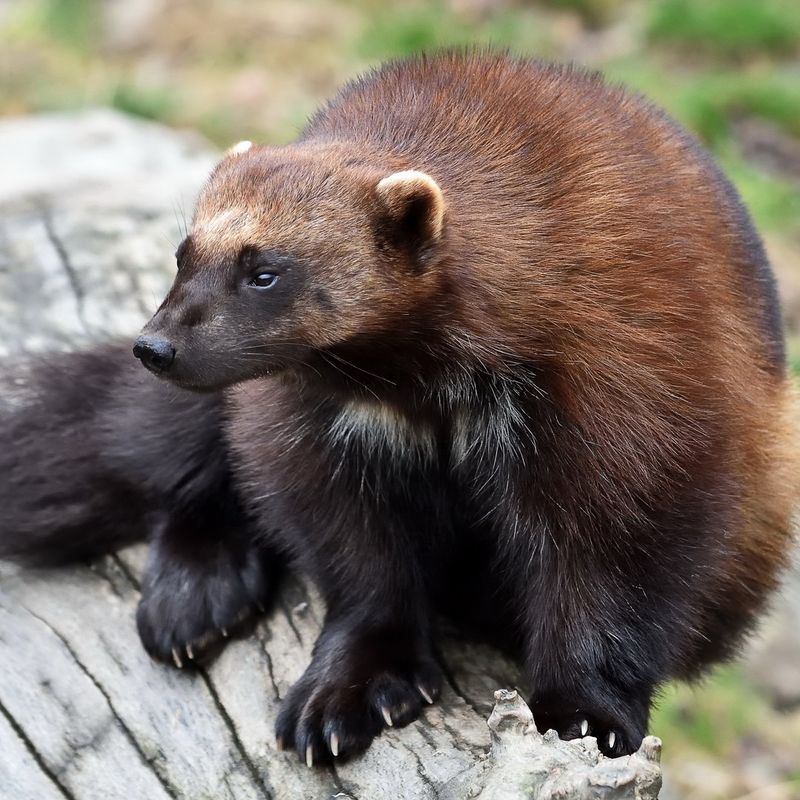
Wolverines are tough, muscular creatures that pack a punch in the exotic pet world, but they’re not for the faint of heart.
Known for their strength and territorial instincts, these animals are often compared to small bears and can be incredibly difficult to manage.
They need large spaces to roam and a varied diet, making them tricky to care for in captivity. With their fierce independence, they can become aggressive when stressed, so understanding their behavior is key.
If you’re thinking of owning one, make sure you’re prepared for the challenge, as the risk of mishandling can be high.
4. Komodo Dragon
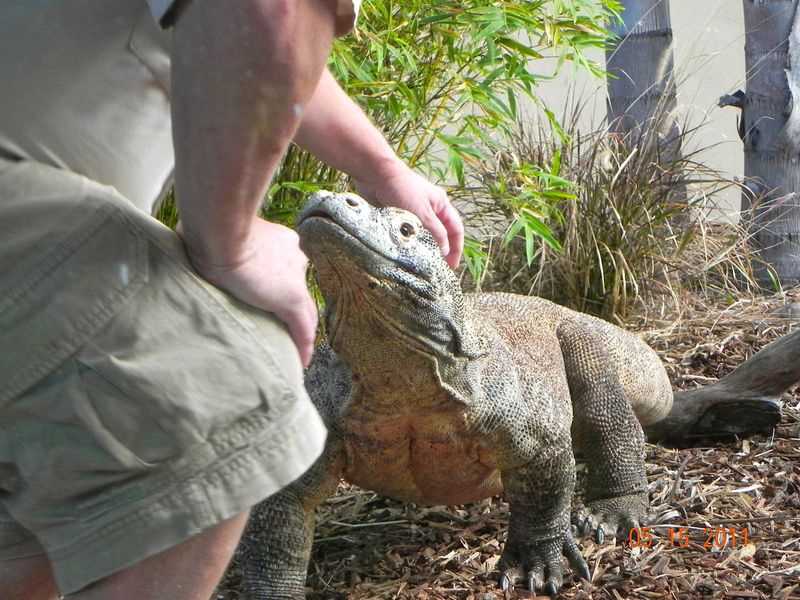
The Komodo dragon is a true giant in the world of exotic pets, known for its impressive size and fierce nature.
Reaching up to 10 feet long and weighing over 150 pounds, these lizards require massive enclosures and expert care.
Their bite is particularly dangerous, thanks to bacteria-filled saliva and venom, making them a pet that demands extreme respect.
Keeping a Komodo dragon means creating a habitat that closely mirrors the wild, with plenty of protein-rich food and basking spots.
Due to their potential danger, owning one often comes with legal restrictions, so only those with experience and the proper resources should even consider it.
5. Bull Shark
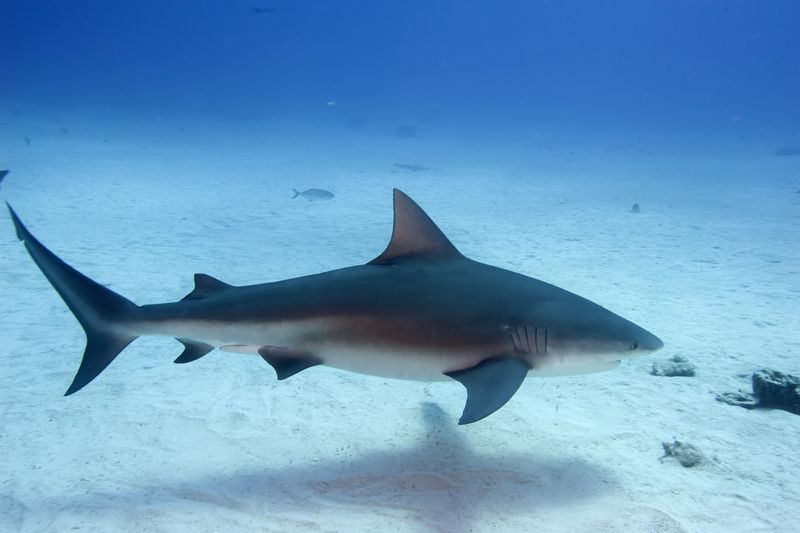
The bull shark is a powerful and adaptable creature that stands out in the world of exotic aquatic pets. Able to live in both salt and freshwater, they require a specialized environment that mimics these conditions.
As fierce predators with a bite that delivers immense force, they demand a varied and consistent diet, making care tricky.
Legal restrictions often prevent private ownership due to the danger these sharks pose, and handling them requires expert knowledge in marine biology.
Keeping a bull shark isn’t just about the right resources—it also comes with serious ethical concerns about their well-being in captivity, making them a pet for only the most dedicated and knowledgeable enthusiasts.
6. Bengal Tiger
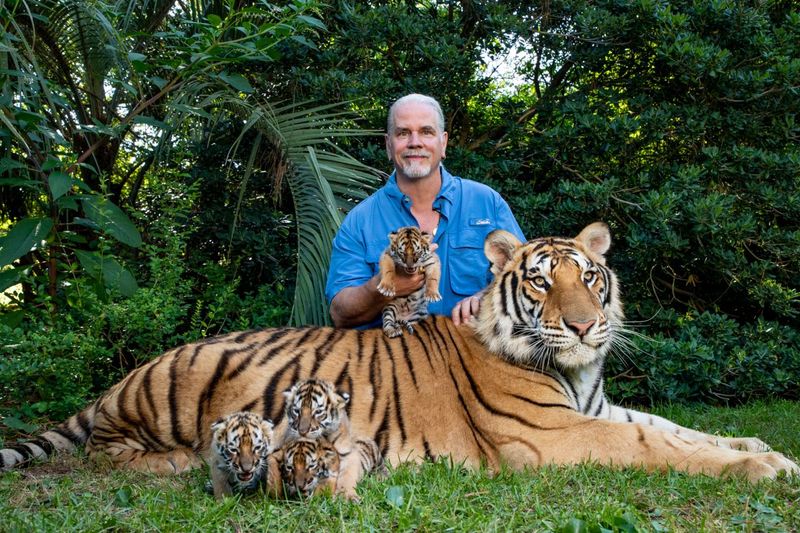
The Bengal tiger is a mesmerizing yet dangerous exotic pet, known for its striking stripes and powerful presence.
While awe-inspiring, these big cats require large territories and a meat-heavy diet, making them a costly and complex pet to care for.
Their wild instincts remain intact, meaning they can be unpredictable and aggressive, posing serious risks.
Legal and ethical concerns often limit ownership, with many places banning or heavily regulating tiger ownership.
Those considering a Bengal tiger must have extensive experience and the proper facilities, as caring for such a majestic creature demands respect, time, and resources.
7. Elephant
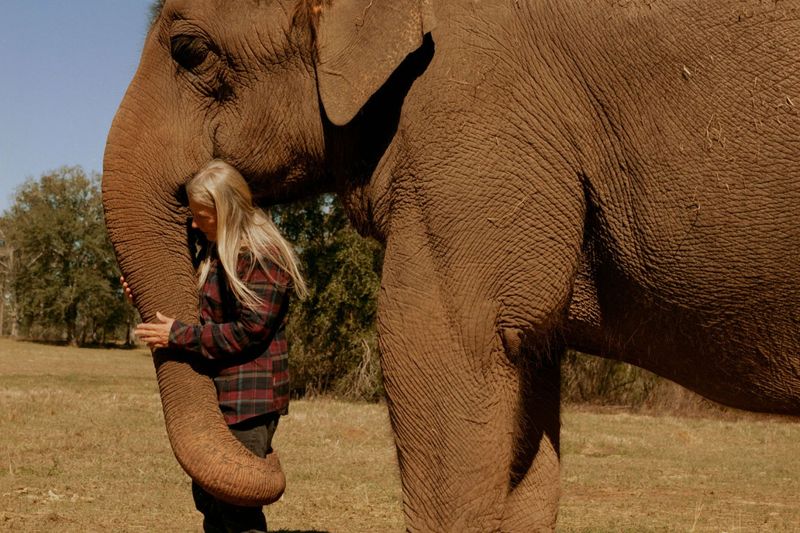
Elephants are magnificent yet challenging exotic pets, known for their intelligence and strong social bonds.
These gentle giants require vast space, specialized care, and a varied diet to thrive, making them difficult to care for in a private setting.
The financial and logistical demands of providing for an elephant are immense, often beyond what most private owners can handle.
Legal restrictions reflect the ethical concerns surrounding elephants in captivity, as their social nature makes solitary confinement unsuitable.
While owning an elephant may be alluring, the responsibilities and moral considerations involved are significant and must not be taken lightly.
8. Fennec Fox
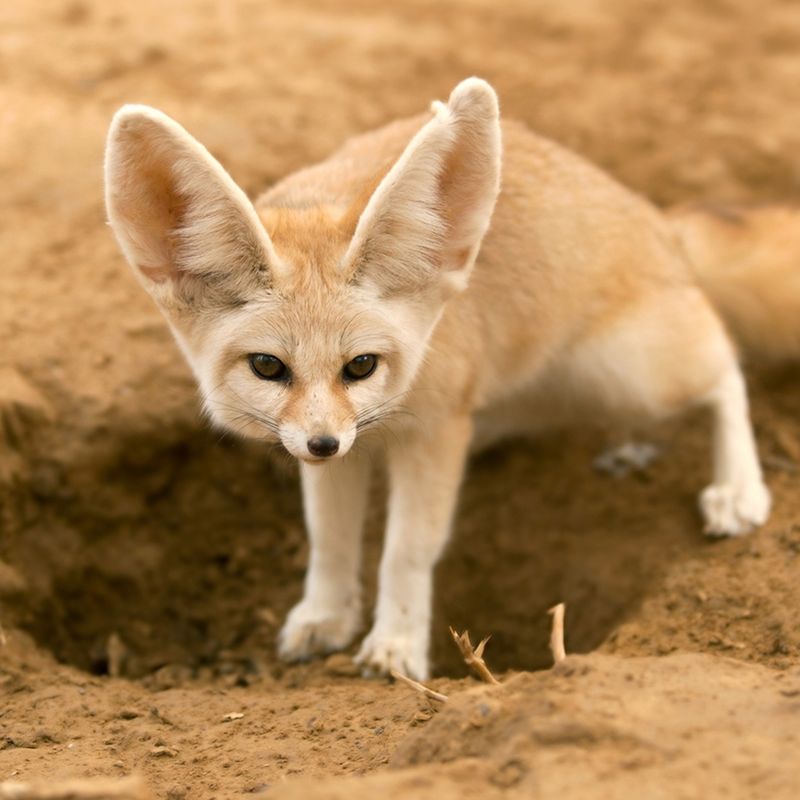
The fennec fox is a captivating exotic pet, known for its adorable large ears and unique desert origins.
These small nocturnal mammals need warm environments and plenty of space to dig, mimicking their natural habitat in the Sahara Desert.
Their diet includes a mix of insects and fruits, requiring careful attention to ensure proper nutrition.
Despite their size, fennec foxes are highly energetic and love to roam, so they need secure enclosures and lots of stimulation.
While owning one is enchanting, it requires a serious commitment to meeting their specific environmental, dietary, and social needs.
9. Chimpanzee
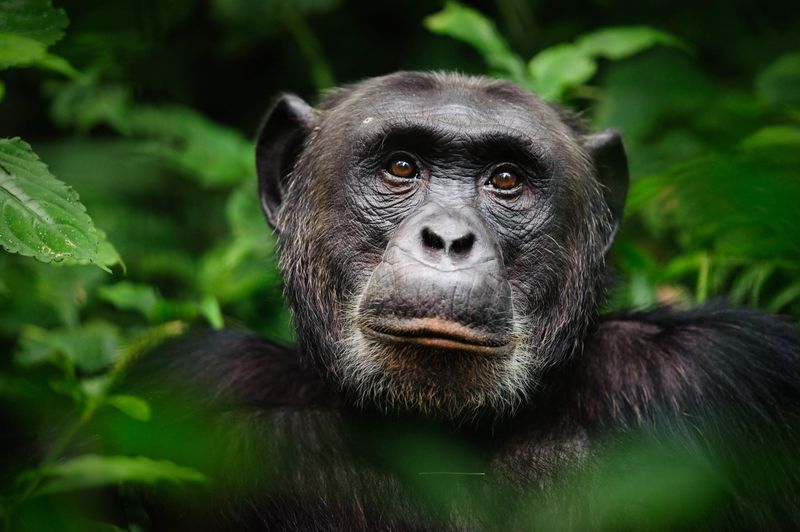
Chimpanzees are fascinating yet challenging exotic pets, known for their intelligence and complex social behavior.
While they can form strong bonds with humans, their unpredictable nature and physical strength make them potentially dangerous, especially if deprived of social interaction and mental stimulation.
Caring for a chimp requires significant time and resources to meet their needs for both physical and mental enrichment.
Legal restrictions often apply due to the risks they pose to both humans and the animals themselves.
Ethical concerns also come into play, as keeping such intelligent creatures confined can have serious impacts on their well-being.
10. Hippopotamus
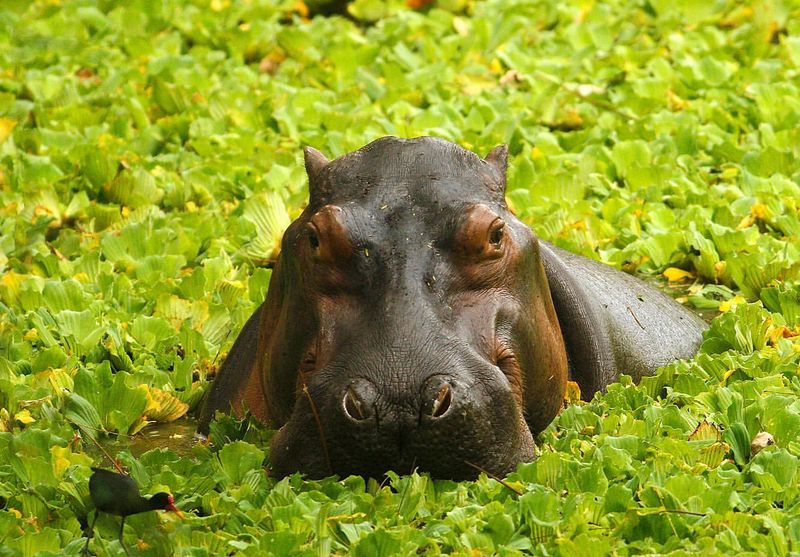
The hippopotamus is a massive and surprisingly agile exotic pet, known for its territorial nature and potential danger despite its calm appearance.
These creatures need vast aquatic environments to thrive, spending much of their time in water, and their diet consists mostly of grasses, requiring substantial resources.
Legal restrictions often prevent private ownership due to the risks and complexities of caring for such a large animal.
Keeping a hippo demands a lot of space and financial investment to provide a habitat that meets their needs.
Potential owners must carefully consider the practical and ethical responsibilities, as the challenges of caring for a hippopotamus are significant.
11. Poison Dart Frog
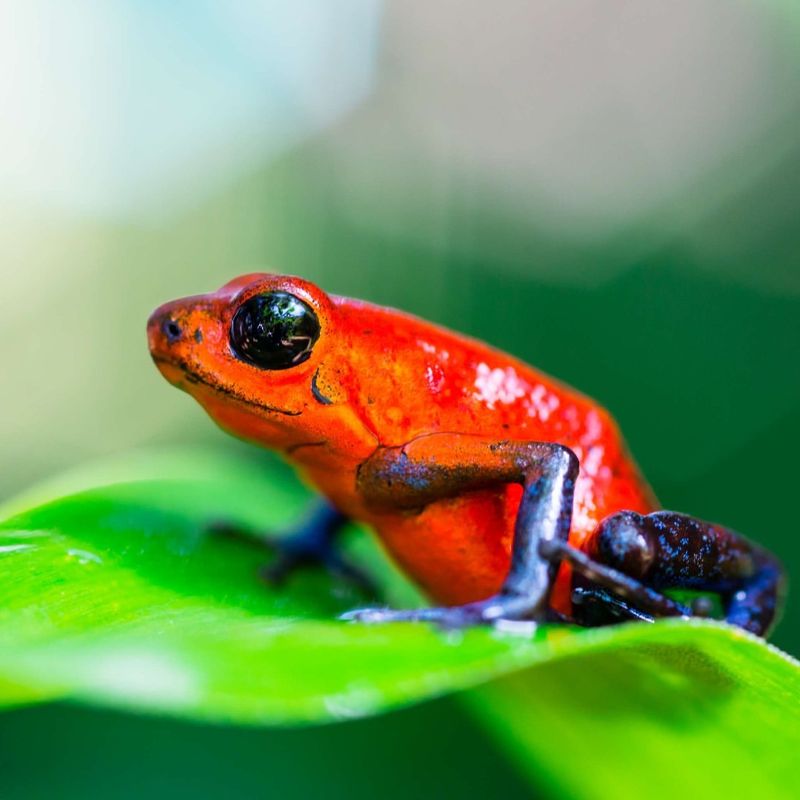
The poison dart frog, despite its innocent size and brilliant colors, harbors a potent danger.
Found in the lush rainforests of Central and South America, these frogs can produce toxins strong enough to cause harm or even death.
Each species varies in toxicity, with some being lethal to humans. While captivating to the eye, their touch can be perilous, as indigenous tribes have long used their secretions for hunting.
Housing these brilliant creatures requires careful handling and stringent safety measures to avoid accidental poisoning, making them one of the more hazardous pets one could own.
12. Polar Bear
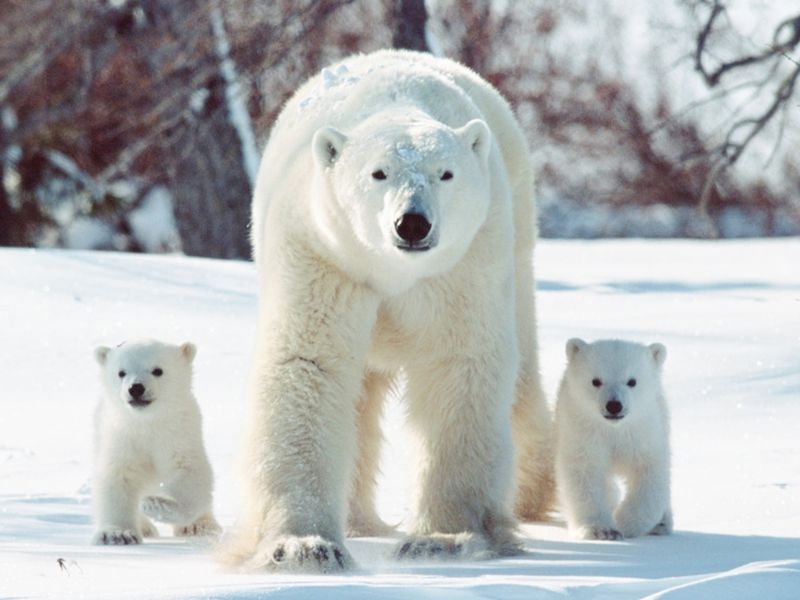
Polar bears are majestic but challenging exotic pets, known for their strength and ability to thrive in Arctic conditions.
These animals require vast, cold environments to mimic their natural habitat, making them difficult to care for in a domestic setting.
Their protein-rich diet, typically seals in the wild, requires significant resources to replicate in captivity.
Legal and ethical issues are crucial, as many regions prohibit private ownership of polar bears due to their protected status.
The allure of owning such a powerful creature must be balanced with the immense responsibility of ensuring their physical and psychological well-being.
13. Piranha
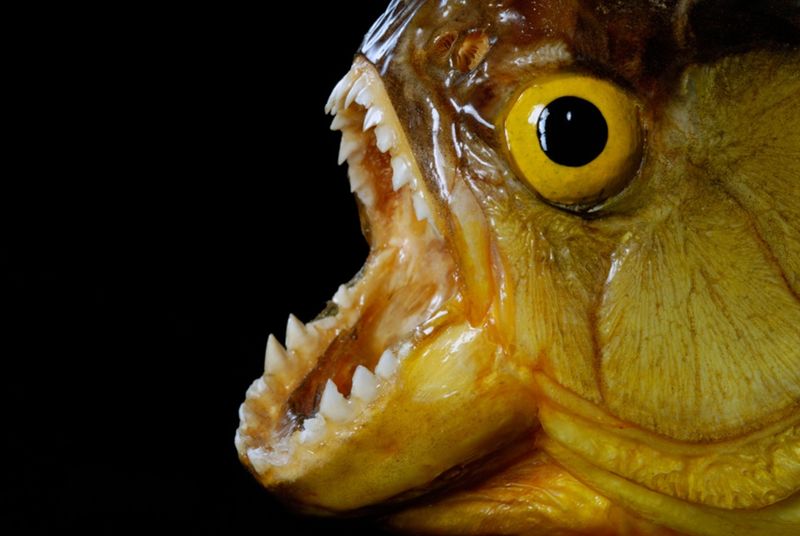
Piranhas are both infamous and fascinating exotic pets, known for their sharp teeth and feeding frenzies, but they require careful care and understanding.
These fish thrive in groups, needing a large aquarium that mimics their river habitat. Their diet of fresh meat and plant materials requires attention to ensure proper nutrition.
Legal restrictions often apply, as piranhas can have significant environmental impacts, so owners must be mindful of regulations.
While the allure of owning these mysterious creatures is strong, it comes with the responsibility of providing a safe, balanced environment for them to thrive.
14. Scorpion
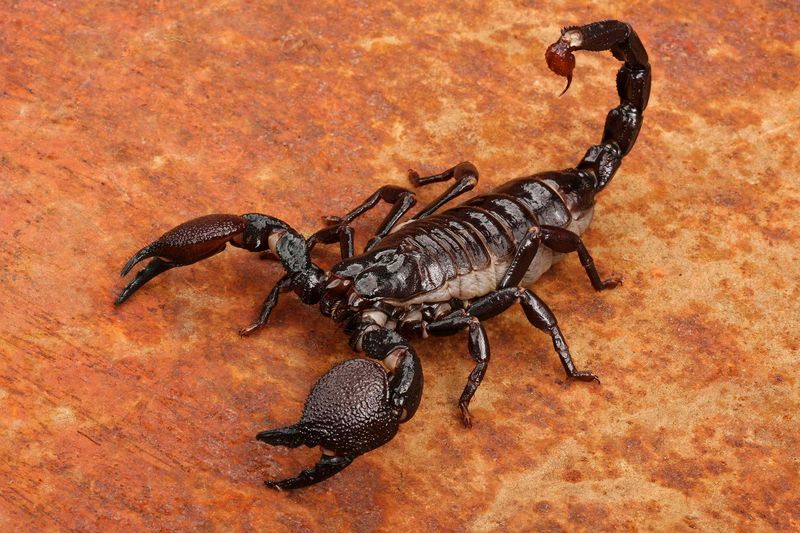
Scorpions are fascinating yet potentially dangerous exotic pets, known for their venomous sting and unique appearance.
These creatures thrive in dry environments with specific temperature and humidity requirements, making a controlled habitat essential.
Their diet consists of insects, so regular feeding and attention to their nutritional needs are crucial. Handling scorpions requires care, as some species have venom strong enough to harm humans.
Legal restrictions may apply, and prospective owners must be well-informed about their care and behavior to ensure both safety and a rewarding experience.
15. Gila Monster
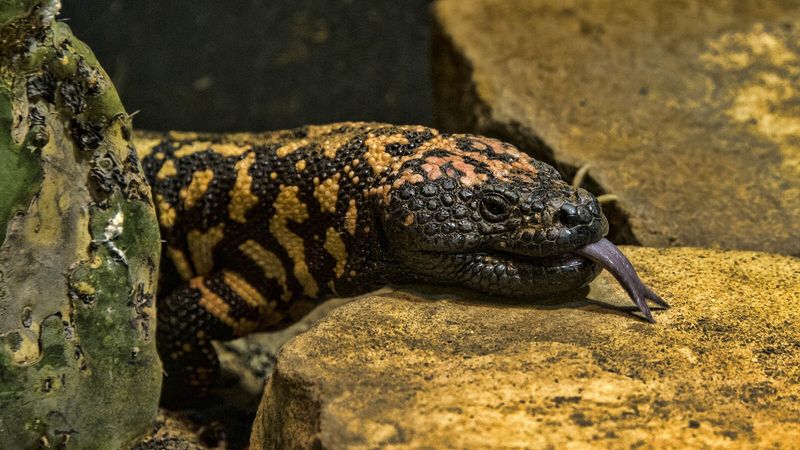
The gila monster is a stunning yet challenging exotic pet, known for its venomous bite and vibrant colors.
These reptiles thrive in dry, arid environments, requiring a carefully controlled habitat with specific temperature and humidity levels.
Their diet consists of small mammals and eggs, so attention to their nutritional needs is crucial. Handling a gila monster requires caution, as their venom can cause intense pain and serious medical issues.
While their unique appearance is fascinating, owning one demands in-depth knowledge and responsibility, with legal restrictions often in place due to the risks involved.
16. Black Widow Spider
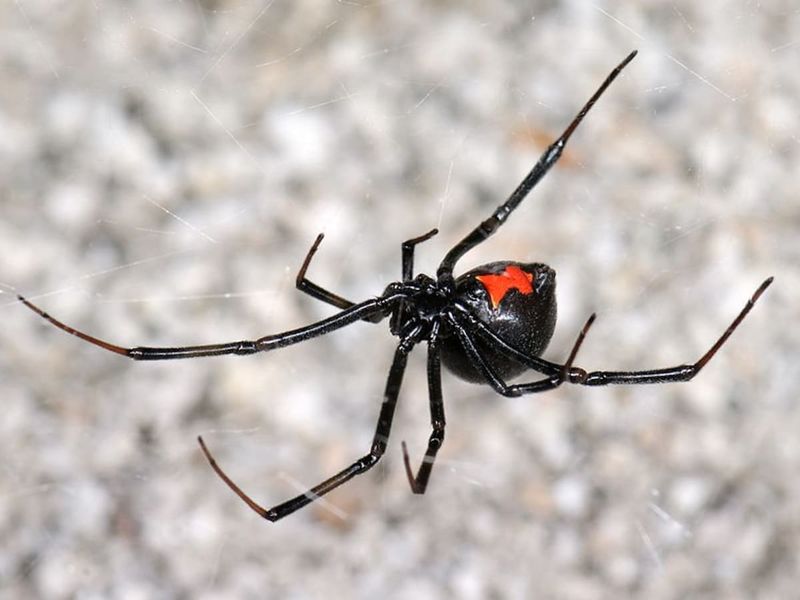
The black widow spider is both captivating and dangerous, known for its potent venom and distinctive red hourglass marking.
These spiders require controlled environments with specific humidity and temperature levels, and a diet of live insects.
Their venom can cause severe reactions in humans, so handling and containment must be done with care.
Legal restrictions often limit ownership due to the dangers involved, meaning only experienced owners should consider keeping one.
While their mysterious nature is intriguing, owning a black widow requires a deep understanding of its behavior and needs to ensure a safe and responsible experience.
17. Cassowary
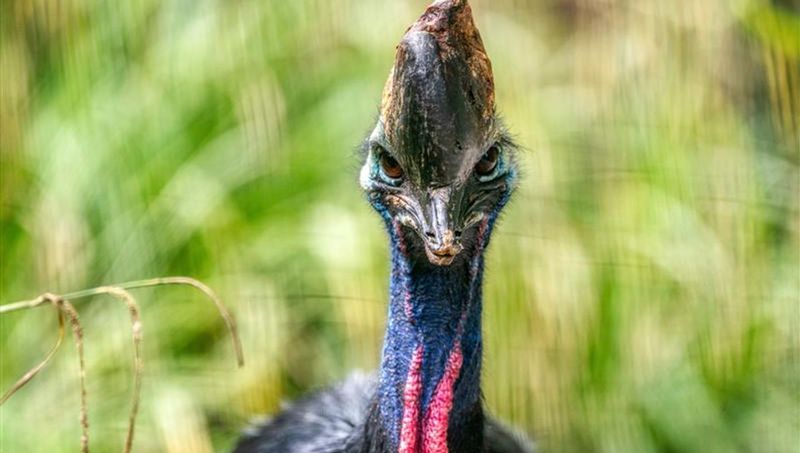
The cassowary is an awe-inspiring yet dangerous exotic pet, known for its striking appearance and aggressive nature.
These birds require large, secure enclosures that replicate their rainforest habitat and a diet rich in fruits and vegetation.
With powerful legs and sharp claws, they can inflict serious injury, making careful handling essential.
Due to their potential danger, legal restrictions often apply, meaning only experienced owners with proper facilities should consider them.
While their unique look and behavior are captivating, owning a cassowary requires a serious commitment to their safety and well-being.
18. Tarantula
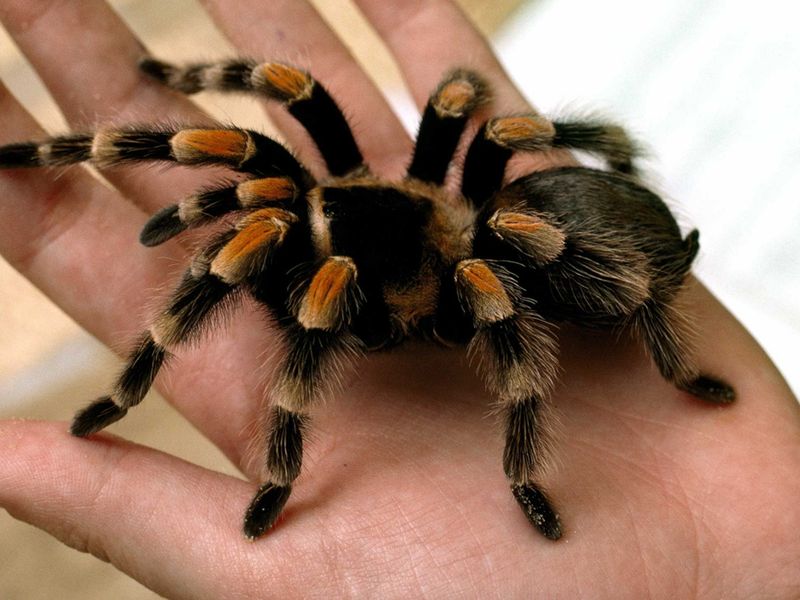
Tarantulas are fascinating yet intimidating exotic arachnids, known for their size and distinctive hairy appearance.
They require a carefully controlled environment to thrive, with specific temperature and humidity levels to mimic their natural habitat.
Feeding them live insects is essential, and their diet needs regular attention to ensure proper nutrition.
While handling a tarantula can be an interesting experience, their bites can cause discomfort or allergic reactions, so caution is key.
With legal restrictions varying by species and region, prospective owners must be well-versed in their care and behavior to ensure a safe and responsible experience with these captivating creatures.
19. African Lion
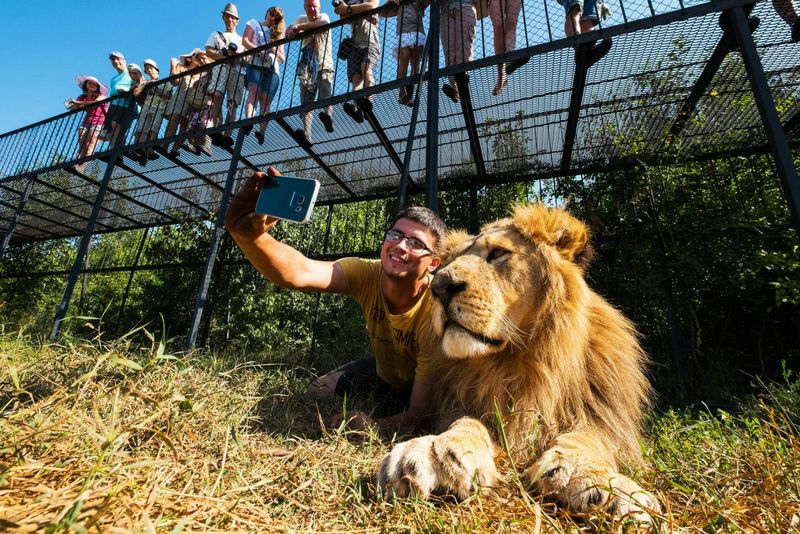
The African lion, often called the “king of the jungle,” is a stunning but dangerous exotic pet.
Known for its majestic mane and powerful presence, it symbolizes strength and courage, yet it can pose serious risks due to its territorial and predatory instincts.
Lions require vast amounts of fresh meat and large, secure enclosures to thrive, making their care both financially and logistically demanding.
Despite being raised in captivity, their wild instincts remain intact, making them unpredictable and potentially aggressive.
Legal and ethical issues often surround lion ownership, with only those with significant experience and resources able to safely manage such a majestic yet dangerous animal.
20. Reticulated Python
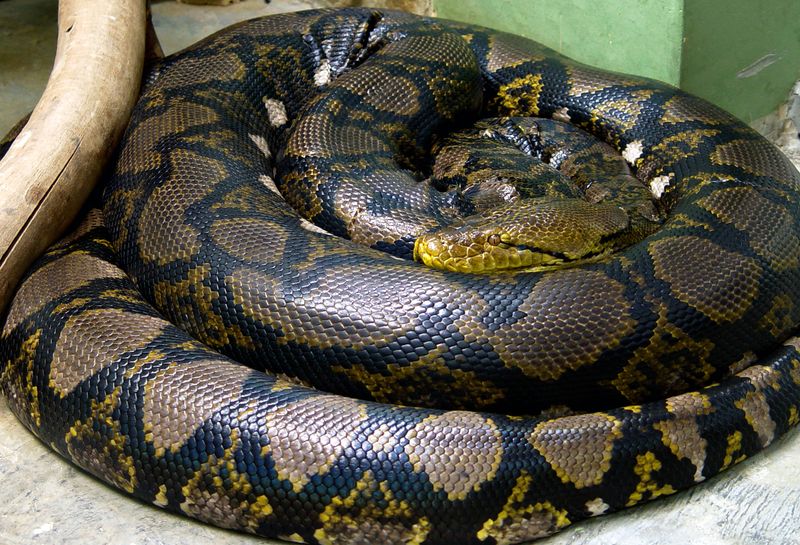
The reticulated python is a stunning but challenging reptile to keep as a pet. As the world’s longest snake, it can grow over 20 feet long, requiring a massive, secure enclosure.
Known for its intricate patterns and vibrant colors, the python’s beauty comes with a hefty responsibility—its size and strength make handling tricky, and feeding it requires large prey like rabbits or pigs.
Owners need to be well-versed in the snake’s needs and behavior to ensure a safe environment for both themselves and the animal.
With legal restrictions in place due to the potential risk, owning a reticulated python requires serious commitment and respect for its natural instincts.
21. Box Jellyfish
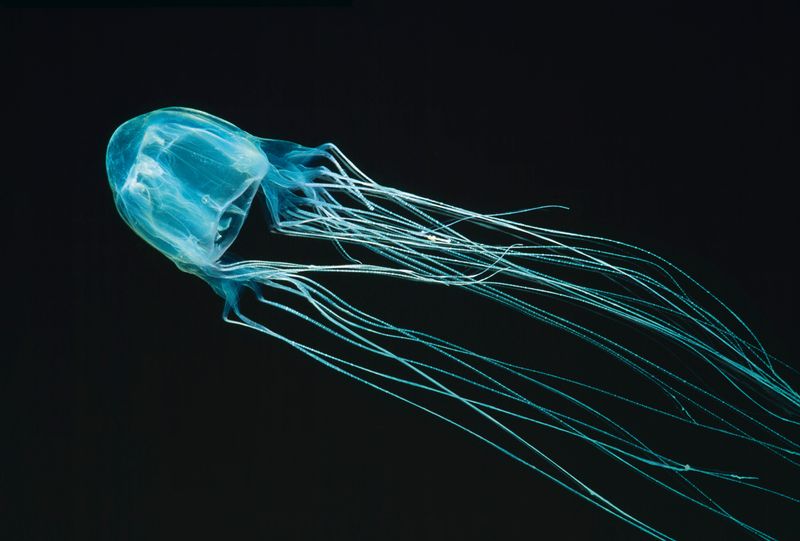
The box jellyfish is a stunning yet dangerous marine pet, known for its translucent body and venomous tentacles.
One of the most toxic creatures in the ocean, its venom can cause severe pain or even be fatal, making it essential for owners to handle with extreme care.
Keeping a box jellyfish requires specialized equipment to maintain the right water conditions and ensure its safety.
Due to the risks involved, prospective owners must have strong knowledge of marine biology and the proper facilities.
With strict legal restrictions often in place, owning a box jellyfish is a serious commitment that demands both respect and vigilance.
22. Hyacinth Macaw
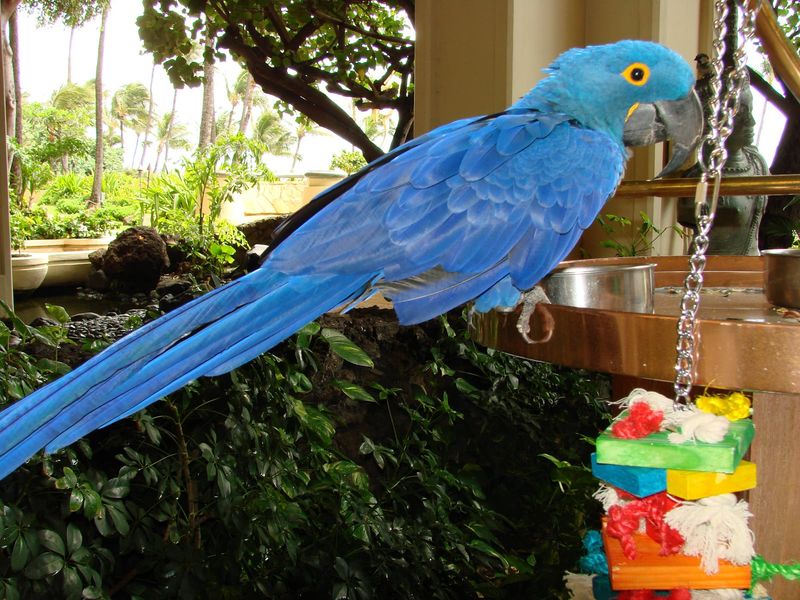
The hyacinth macaw is a striking exotic pet, known for its vibrant blue feathers and impressive size. These intelligent, social birds require large enclosures for flight and exploration, along with a diet of nuts and fruits.
Their social nature demands regular interaction and mental stimulation to keep them happy and stress-free. With a lifespan often exceeding 50 years, owning a hyacinth macaw requires a long-term commitment.
While they’re a stunning addition to any home, prospective owners must be prepared for the responsibility, including legal considerations in certain regions.
23. Saltwater Crocodile
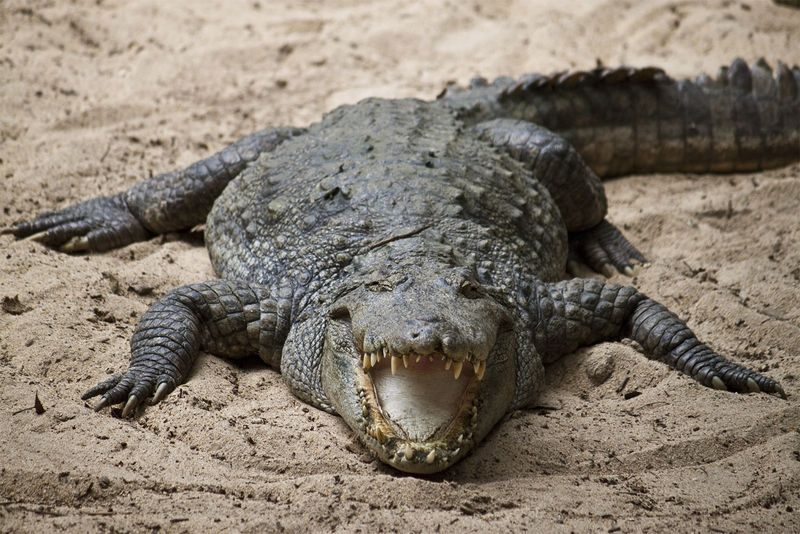
The saltwater crocodile is a massive and powerful reptile, known for its sheer size and deadly strength, making it a fearsome presence in the exotic pet world.
As the largest living reptile, it can grow over 20 feet, and its stealth and powerful jaws make it an apex predator.
Keeping one requires a vast, secure enclosure that replicates its natural habitat to reduce stress and aggression.
Feeding this giant demands a constant supply of meat, adding to the complexity of its care.
Due to its potential danger, owning a saltwater crocodile comes with strict legal regulations, and handling it requires expertise and respect for its natural instincts.


